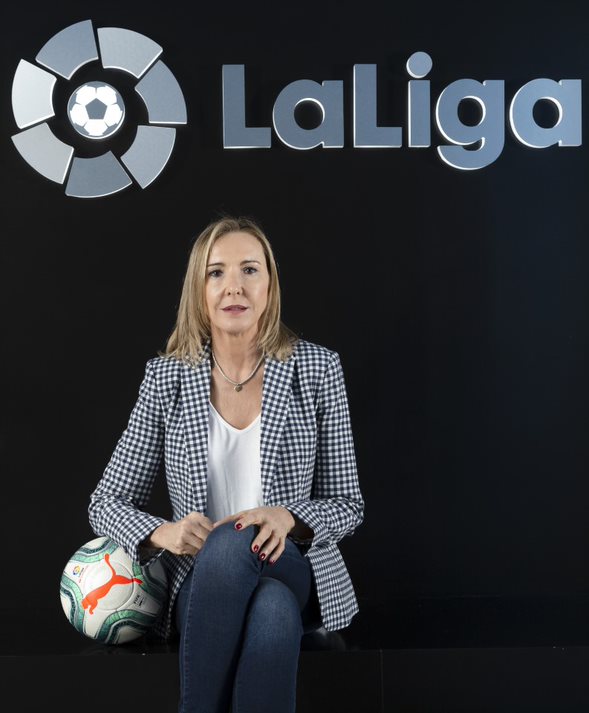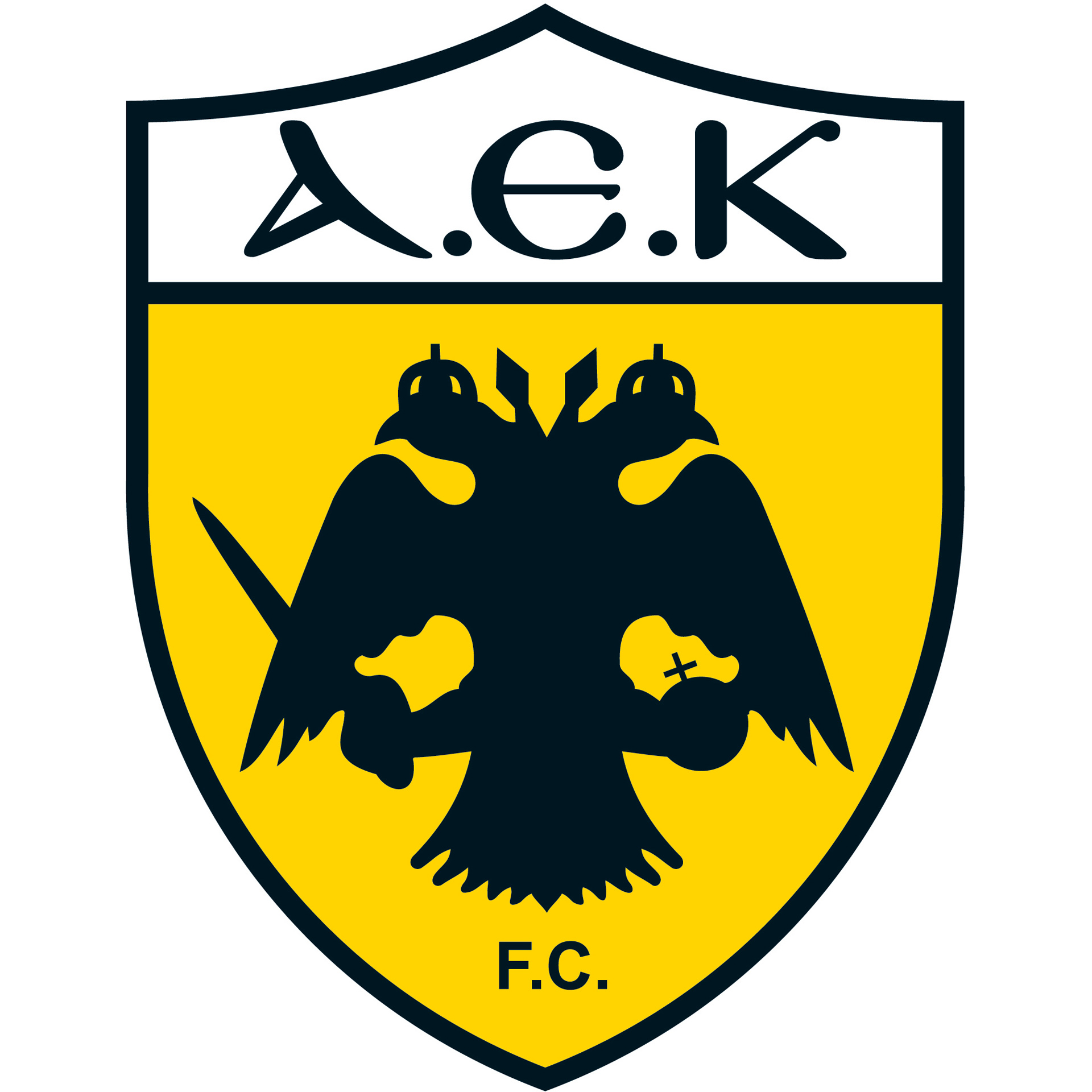Women in Football – Olga de la Fuente, Head of Fundación La Liga
We would like to create visibility for women working in the football industry because we think that it is important to show role models to the participants of our European-wide educational programme and future generations. You can find all interviews on our Show Racism the Red Card Europe website here.

- How is your day-to-day work as Director of the LaLiga Foundation?
LaLiga Foundation is the instrument through which LaLiga channels its social action, which is a great challenge for me as the head of this entity and consequently, an intense activity in my day to day schedule to be able to carry out the different projects and activities that we develop. All this, in accordance with LaLiga’s strategic plan and the hectic pace of work that is breathed throughout the organization.
On the other hand, I am very fortunate to have a magnificent team, with an incredible personal and professional involvement, which makes it easy for us to undertake our daily activities with that team spirit, effort and motivation, despite the large volume of work that exists in our day-to-day work.
2. What are your objectives for this year?
Each season we develop a detailed action plan, after a thorough analysis of our internal work, in which we set a series of general and specific objectives for each of our projects, and in which we specify the methodology, schedule, resources and budget, expected results and final evaluation.
In this regard, I would like to emphasize that, despite the difficult circumstances we have experienced this year, we have ended the season in a very satisfactory manner, having made a great effort to adapt our projects to other formats, mainly digital, obtaining very good monitoring and impact data, and being able to maintain the social commitment of the foundation. This encourages us to begin the upcoming year with greater motivation, as we feel stronger and well-prepared.
In the new season, therefore, we will maintain the volume of activity with new and exciting objectives for each of our projects.
3. Was it difficult for you to make your way in football
I arrived to the world of football more than 28 years ago, in a circumstantial and unforeseen way, which diverted me from the world of law to approach the foundational sector. From that moment on, I found my true vocation in the social field. It is very satisfying to work in a sector in which you can help improve society.
4. Did you have any (female) role models when you were younger?
I didn’t grow up with football references that marked my childhood, but I will always keep the memory of my father on Sunday afternoons watching football and the results of the different matches hoping for a successful betting pool. Very fond memories…
In my generation football was reserved for boys. Girls were directed to other sports. Those were times when the differences between men and women were very marked, also in sports, and fortunately today we have been overcoming them very positively.
5. Which advice would you give to a girl that would like to work in football?
If it is a world that attracts her, I would definitely encourage her to pursue her dreams. The road towards change and transformation is depending on culture and processes of normalizing progressive behavior, and regarding this the youth still has much to do.
There is no doubt that the world of football has an important male cultural influence, but I can also tell you from my experience that things are changing, especially in recent years, and nowadays the criteria of professionalism and rigor prevail over the gender issue. There is still a long way to go, but fortunately great steps are being taken and we are on the right track.
6. What was the biggest challenge that you faced during your career
I think one of my biggest challenges has been to be able to reconcile my personal and professional life in a satisfactory way. It has not always been easy, nor have I always been able to maintain the desired balance, but at this moment I can say that I feel satisfied with the effort and improvement made. When I look back, I think it has been worth it.
On the other hand, the commitment to gender equality in many organisations is already a reality and I am fortunate that LaLiga is one of them.
7. What are the biggest changes that you have recognised when it comes to Women in football?
The biggest changes I have seen in football have been those produced within LaLiga since the arrival of Javier Tebas to the presidency, more than 8 years ago, and which have logically also affected LaLiga Foundation too. Both entities have experienced unimaginable exponential growth in such a short time and I can truly affirm that these have been incredibly positive changes in terms of growth, both nationally and internationally, as well as development towards another prosperous and sustainable business model.

Aris Limassol FC Social, Environmental, and Health Initiatives






